MercoPress. South Atlantic News Agency
Tag: São Paulo Stock Exchange
-
Wednesday, May 15th 2024 - 19:54 UTC
Petrobras' shares plummet after Prates' departure from CEO post
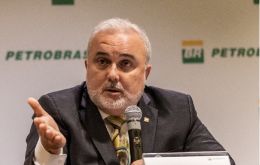
Brazilian President Luiz Inácio Lula da Silva's decision to have Jean-Paul Prates removed as CEO of the State-run oil company Petrobras resulted in shares dropping more than 8% at the Sao Paulo Stock Exchange on Wednesday. Ordinary shares (PETR3) fell 8.36% while preferred shares (PETR4) went down 6.75%, it was reported. In addition, Petrobras' ADRs (American Depositary Receipt) in New York were down around 7.5% on Wednesday.
-
Saturday, April 25th 2020 - 08:57 UTC
Brazil in turmoil following the resignation of Moro complaining of “political interference” from Bolsonaro
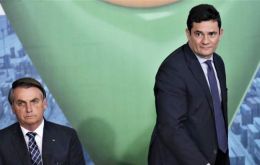
Sergio Moro, Brazil's justice and security minister resigned on Friday after clashing with President Jair Bolsonaro over the sacking of the federal police chief. Moro, a former anti-corruption judge, hit out at “political interference” in the federal police, saying he could not do his job without “autonomy” for the force.
-
Thursday, March 12th 2020 - 07:52 UTC
Brazilian stocks plunged on Wednesday; second day in the week trading had to be suspended
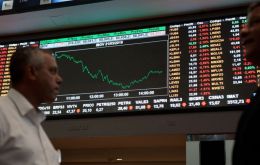
Brazilian stocks plunged on Wednesday on fears about the economic impact of the coronavirus pandemic, leading the Sao Paulo stock exchange to suspend trading for the second time this week.
-
Wednesday, April 11th 2018 - 08:42 UTC
Brazilian stock exchange leads the world in growth in 2018
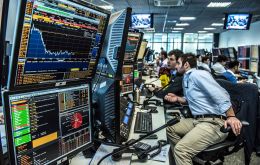
As Brazil continues to benefit from the return of growth and curbed interest rates and inflation, the São Paulo Stock Exchange has seen an unprecedented growth curve. In addition to achieving historical highs, the Brazilian stock market beat the performance of some of the largest stock exchanges in the planet. This means more people betting on Brazilian companies and the future of the country, according to a report from the Brazilian-American chamber of Commerce.
-
Tuesday, October 7th 2014 - 05:56 UTC
Brazilian markets clearly support challenger Neves: Bovespa up 4.7%
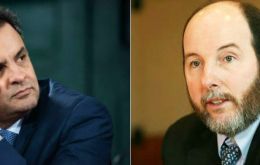
The Sao Paulo stock exchange soared 4.7% on Monday with the Bovespa index reaching 57.115 points following Sunday's presidential election when no candidate managed 50% of ballots, opening the way for a runoff between pro-business Aecio Neves and president Dilma Rousseff.
-
Monday, September 23rd 2013 - 20:56 UTC
Brazil’ Bovespa implementing changes to update its benchmark Ibovespa

Brazil’s main stock exchange Bovespa is implementing changes to its benchmark Ibovespa stock index, the first since 1968, in an effort to correct recent distortions and better reflect the performance of local shares.
